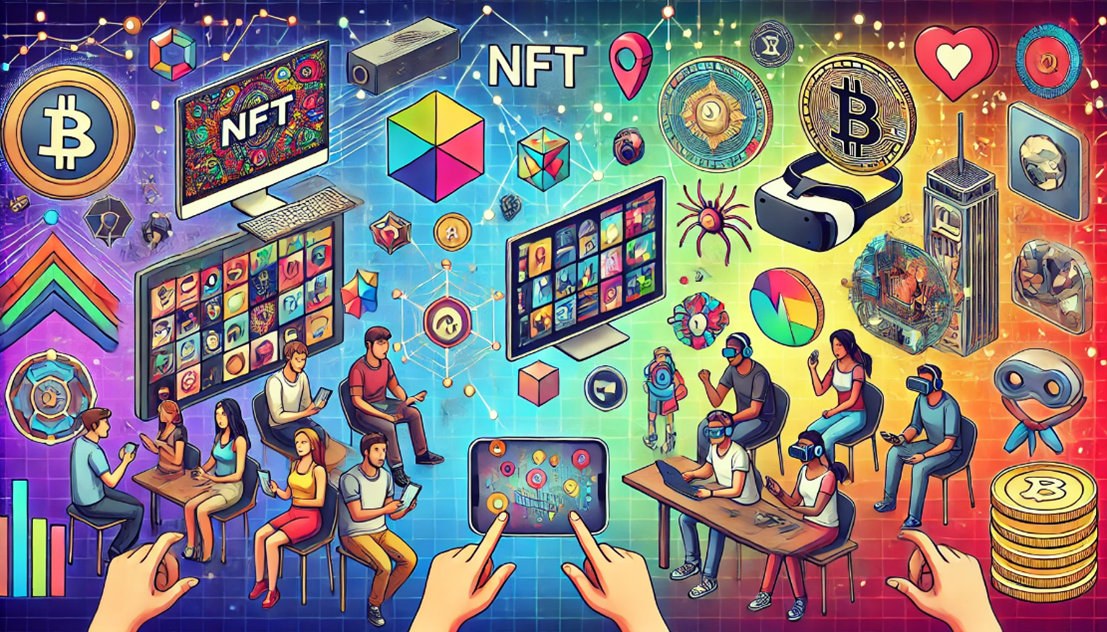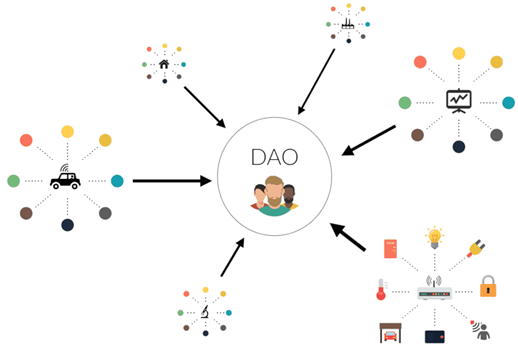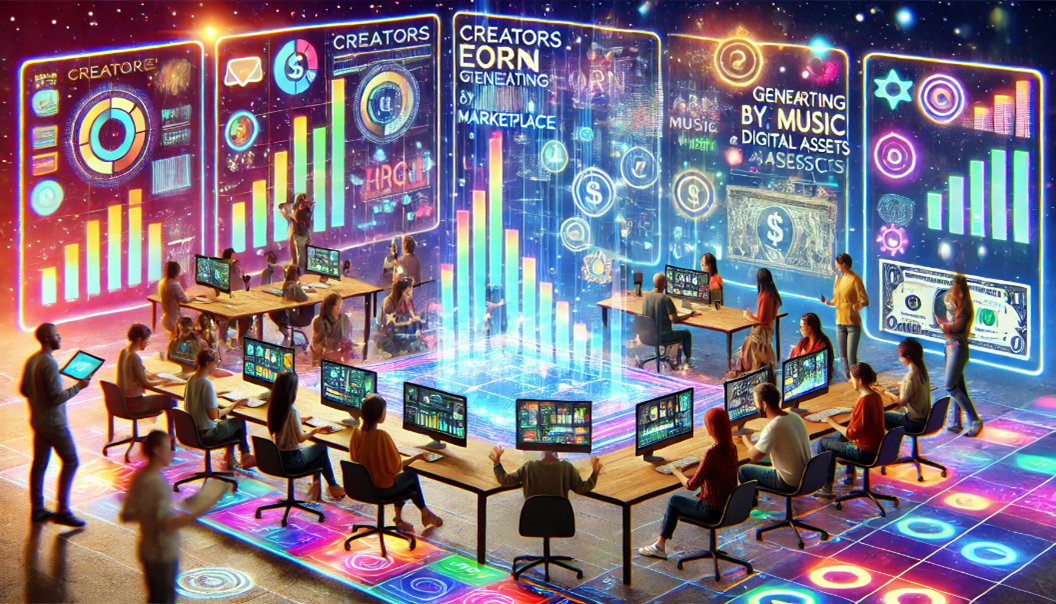Benefits and challenges of blockchain gaming in emerging markets

Benefits and challenges of blockchain gaming in emerging markets
by Maximilian 02:25pm Jan 20, 2025
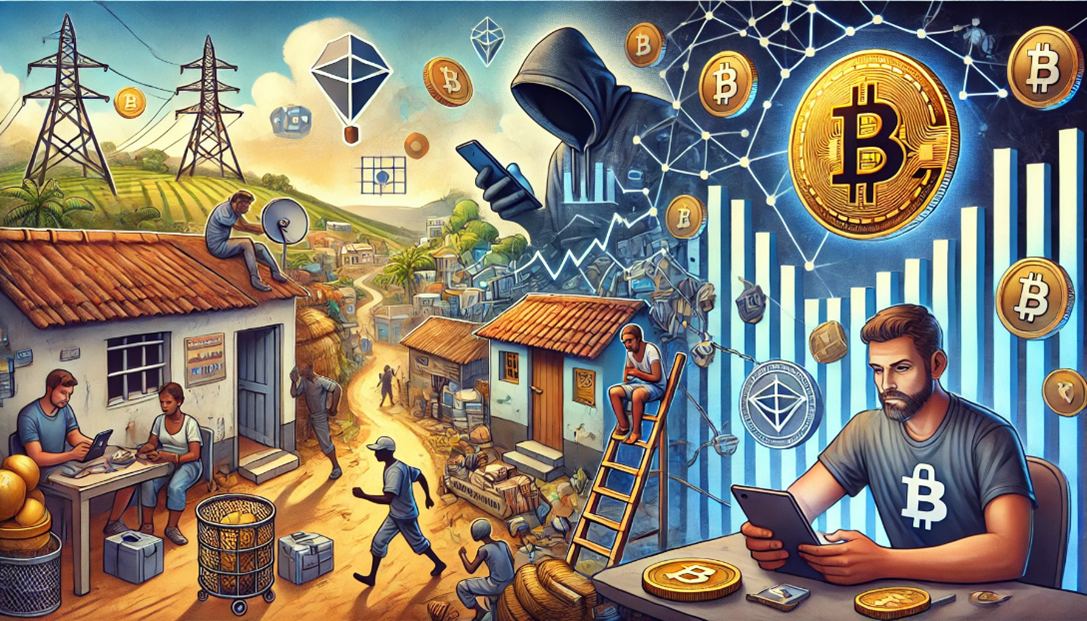
Blockchain gaming is gaining momentum globally, and it is particularly impactful in emerging markets. This is due to the potential to access new income streams, foster digital economies, and leverage decentralized technology. However, it also presents unique challenges. Here’s a look at the benefits and challenges of blockchain gaming in emerging markets:
Benefits of Blockchain Gaming in Emerging Markets
1.Economic Opportunities and Income Generation
In many emerging markets, particularly in Southeast Asia, Latin America, and parts of Africa, blockchain gaming provides a unique income-generating opportunity for players. Many individuals in these regions face unemployment or underemployment and may struggle to find stable, well-paying jobs. By participating in Play-to-Earn games, players can earn cryptocurrency or NFTs through gameplay, which can often be exchanged for local currency or held as an investment.
For example, in countries like the Philippines, many players in the Axie Infinity ecosystem have made blockchain gaming their primary source of income, leveraging their gameplay to earn enough to support their families. This shift towards gaming as a legitimate financial activity helps alleviate economic challenges and opens up new revenue streams in regions with limited job prospects.
2.Democratization of Access to Digital Assets
Blockchain gaming guilds, such as Yield Guild Games (YGG), have played a significant role in democratizing access to valuable in-game assets. In many P2E games, players are required to own NFTs or other digital assets to participate effectively. However, these assets can be expensive, particularly for individuals in emerging markets with limited disposable income.
Guilds allow players to rent assets such as characters or land from a pool, enabling them to participate in P2E games without needing significant upfront investment. This system ensures that even players with low capital can access opportunities to earn from blockchain games, leveling the playing field and creating financial inclusivity in the gaming space.
3.Skills Development and Digital Literacy
Blockchain gaming fosters digital literacy and technical skill development among players, especially in areas where access to traditional education may be limited. Players who engage with blockchain games are introduced to cryptocurrency, NFTs, decentralized finance (DeFi), and smart contracts, which are important aspects of the growing digital economy.
This exposure not only enhances players' understanding of blockchain technology but also provides them with valuable skills that can be applied in the broader digital economy, including tech development, digital asset management, and even entrepreneurship. As these skills become more in demand, players in emerging markets could benefit from higher-paying opportunities in technology, finance, and beyond.
4.Building Community and Social Networks
Blockchain gaming communities often have strong social aspects, with players connecting on social media platforms, gaming forums, and Discord servers to share strategies, tips, and experiences. In emerging markets, these communities can serve as important social networks, offering a sense of belonging, collaboration, and mentorship.
Additionally, some gaming guilds, like YGG, operate on a decentralized model, where decision-making power is distributed among the community. This gives players a voice in the governance of the guild and encourages collaboration, ensuring that the ecosystem remains open and inclusive.
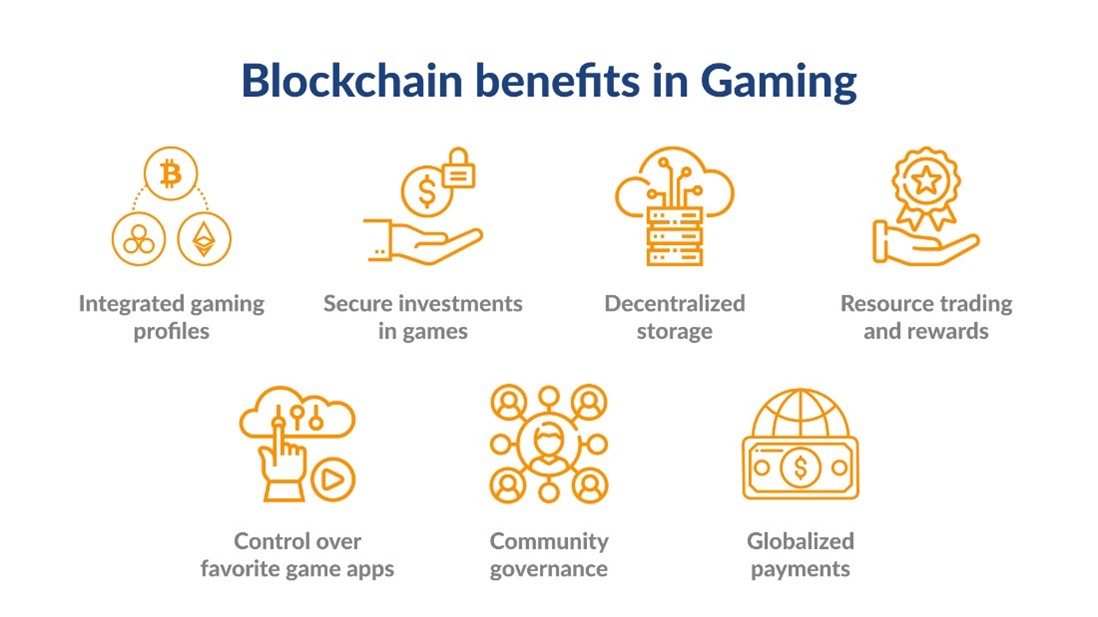
Challenges of Blockchain Gaming in Emerging Markets
1.Lack of Access to Technology and Infrastructure
While mobile gaming has experienced significant growth in emerging markets, access to high-end gaming devices or stable internet connections can still be a barrier. Many blockchain games require players to have access to a reliable internet connection, as well as the hardware (such as smartphones or computers) capable of supporting the game’s demands.
In regions where infrastructure is underdeveloped, players may struggle to participate in P2E games or fully take advantage of the opportunities they offer. This challenge also extends to the availability of cryptocurrency exchanges, wallet services, and marketplaces, which may not be accessible or well-established in all countries.
2.Volatility of Cryptocurrencies and Digital Assets
Blockchain gaming is often tied to the value of cryptocurrencies and NFTs, which can be highly volatile. The value of in-game tokens or assets may fluctuate dramatically, creating financial risk for players. In emerging markets, where economic instability is already a concern, the volatility of digital assets can pose a significant risk for players who rely on their earnings from P2E games as a primary income source.
For instance, players who invest time and effort into acquiring valuable NFTs may see the value of those assets drop sharply due to market shifts, reducing their potential earnings. This volatility can be particularly detrimental to individuals who depend on these earnings for survival or financial stability.
3.Regulatory Uncertainty and Legal Issues
The regulatory environment surrounding blockchain gaming, cryptocurrencies, and NFTs remains uncertain in many countries, especially in emerging markets. Governments are still figuring out how to approach decentralized digital assets, which can vary from outright bans to regulatory frameworks that offer some protection for consumers.
Players in countries with ambiguous or restrictive regulations may face difficulties in accessing exchanges or converting digital currencies into local fiat currencies. Moreover, the lack of consumer protection in many regions can expose players to scams, fraud, and security risks, which can undermine trust in the blockchain gaming ecosystem.
4.Security and Fraud Risks
Blockchain gaming ecosystems, while often more secure than traditional online gaming, are not immune to fraud and security breaches. Scammers frequently target players through phishing attacks, fake marketplaces, or fraudulent investment schemes. In emerging markets, where financial literacy may be lower, players can be especially vulnerable to these threats.
The decentralized nature of blockchain also means that players have sole responsibility for securing their private keys and wallet information. If these are lost or stolen, players may lose access to their assets with little recourse. This highlights the need for increased awareness around cybersecurity and the importance of safeguarding personal digital assets.
5.High Entry Costs for Developers
While blockchain gaming offers new financial opportunities for players, the barrier to entry for developers can be high. Creating and maintaining a blockchain-based game requires technical expertise, significant investment, and ongoing maintenance, which can be challenging for small game development studios, especially in emerging markets.
Furthermore, for games that rely on NFTs and other blockchain assets, there are additional costs associated with creating, minting, and maintaining these assets. As a result, while the game’s players may have access to new opportunities, developers in emerging markets may face greater challenges in creating and sustaining successful P2E games.

Conclusion
Blockchain gaming presents exciting opportunities in emerging markets by enabling financial inclusion, providing new income streams, and creating job opportunities. However, it also faces several challenges, including technological limitations, regulatory uncertainty, and the need for education and infrastructure. For blockchain gaming to thrive in these regions, stakeholders—governments, developers, and communities—must work together to address these challenges while capitalizing on the immense potential blockchain technology offers.



